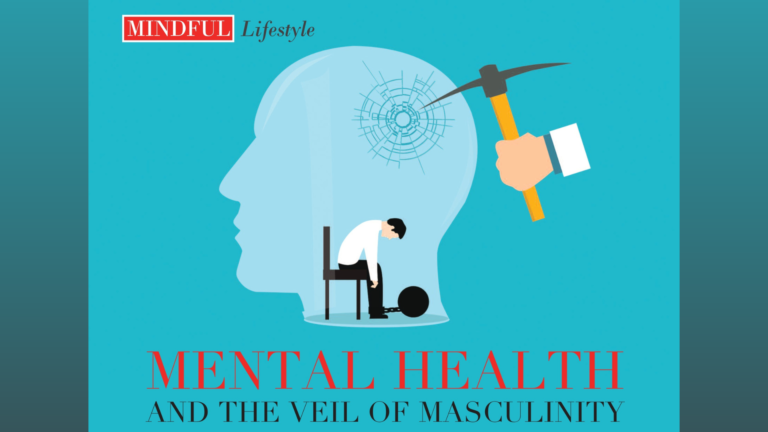By: Dr. Amina Saeed
“Stop crying! Tum larki ho kya? (are you a girl)?”
Does this phrase sound familiar?
Indeed, it does.
Whenever a male toddler topples over or gets hurt physically, this is the reply he is most likely to get, at least in this part of the world. It sounds like an antiquated response, but is still, pretty much in use. This is a physical scar that is addressed in a way that forces him to conceal how he is FEELING. Imagine the agony of supressing, hiding and denying any emotional trauma or mental struggles.
This lays the foundation of our divergent views on men’s mental health. Whilst talking about mental health it is imperative to understand that it comprises of social, psychological and emotional wellbeing.
When it comes to men though, we tend to dissociate the emotional part from them. The stigma attached to it is suffocating and results in a multitude of problems. It’s high time that we address them now.
Depression in men can manifest in similar ways as women, but they might have more aggression, higher levels of anger and irritability—mechanisms which allow them to be socially acceptable because that’s probably how we perceive masculinity.
They are expected to be strong, resilient and tough. They are expected to show care and concern for their families, but not towards their inner selves- an ideology that needs to be remodelled in our society.
Some Precipitating Factors In Men’s Mental Health Are:
- Societal expectations of “manning up”
- Being breadwinners
- Illiteracy
- Unemployment
- Financial crises/poverty
- Hiding their emotional side
- Reluctance to express themselves
- Displaying masculine traits to be mentally strong
- Terminal illnesses
- Being caretakers of terminal patients
There’s a massive stigma in our society which does not allow men who struggle with mental health to speak up and seek help or receive treatment. There’s a label associated with visiting a psychiatrist and psychologist – that there is something wrong with them.
Accepting mental illness ignites a fear of social reaction that forces the person suffering to conceal his struggles. This adds on to the stress and builds up a storm of shame, guilt and isolation. In men, it can come out as exacerbation on trivial things, creating an antagonizing environment for everyone around them.
They have a higher risk of turning to substance abuse which only adds fuel to fire.
When we understand the root cause could be a mental struggle, it needs to be addressed before it’s too late.
There are multiple tangents to this sensitive topic. Even if a family member identifies that a male member is struggling with mental health and voices it, more or less it comes as a blow to his ego. The acceptance is unacceptable, even if they are struggling in their minds. Together we need to be united in understanding mental health issues and prioritise, as a nation, creating mainstream awareness in primary health care and our education system.
We need to scrutinize the vulnerability and struggles under the veil of masculinity. Let’s not forget that men are human and they experience a full range of emotions. Men need to be educated and comforted that seeking mental help is not a sign of weakness. It does not mean that they are giving up. It means they are masculine enough to fight it and we stand by them to make sure they are not giving up.
Dr. Amina Saeed
Writer is a freelance journalist who works on issues related to mental health and well-being. She is a yoga expert and conducts meditation and breathing sessions.



